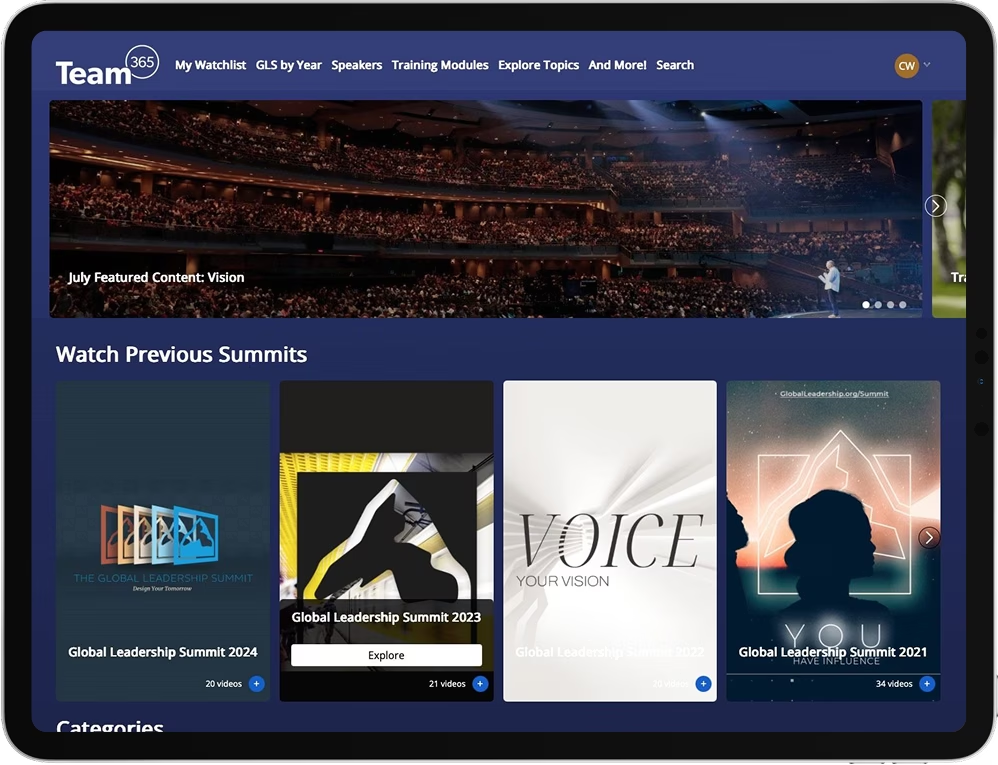In my mind, leadership is a journey from execution to empowerment. You move from being an individual contributor to developing, enabling and inspiring others to think, create, execute and lead on their own. You become deliberate in encouraging others to make their own decisions and to act on those decisions without an express directive from you. To develop and enable others to lead is a direct action that is channeled from you to another person. However, truly inspiring someone is an indirect motivation that comes from another, as a result of the attitudes and behaviors that you exhibit as a leader.
At its core, to inspire means to provoke an action, sentiment or thought; or, as the Merriam-Webster dictionary states, “to make someone want to do something.” As a leader, your behavior, speech, attitude and delivery should motivate others to action, usually positive action. As a purposeful leader, your behavior should motivate others to act with excellence, to be the very best that they can be at that moment, and to do so deliberately.
One of the most powerful ways to create this positive urge to execute with excellence among others is to consistently exemplify this in your own behavior. When those who are working with you see that you are always encouraging others to think innovatively or creatively, or that you are constantly challenging others in a positive way to do more---to reach further, to take risks---then they will feel empowered to do the same.
As humans, we are very susceptible to learned behaviors, especially when these behaviors are repeated in front of us over and over again. Almost unconsciously, we start to exhibit the same behaviors. If those behaviors yield positive results or even positive feelings, we will naturally want to expend the energy to recreate these behaviors; in other words, we are inspired to do the same.
To inspire someone demands that you as a leader act with positive energy, even when the going gets tough. Your criticism must be honest but encouraging, and your reprimands must have a positive alternative attached. Your praises must be effusive and pervasive, covering as many people as possible for a job well done. Your disappointments must be couched as learnings, your challenges as strengthening exercises, and your failures as growth opportunities.
Purposeful leadership involves creating a lens of opportunity that the entire team looks through in approaching every endeavor. It means attaching that lens to a “can-do” mentality. In fact, inspiring those who work with you involves behaving in such a way that those people want to emulate your behavior because it makes them feel good or confident about themselves, and it allows them to envision that success aspiration for themselves.
As a purposeful leader, you must be thoughtful and deliberate in your actions to motivate those who are working with you to bring their best selves to every engagement. Inspiring them with your actions and your behavior will be far more impactful than dictating what they should do, because it allows them to bring their best thinking, their best solutions, and their best creativity to the endeavor, yielding better results for you as a leader and for your entire team’s success.
This article originally appeared on the Linkage.
Related

All Lions and No Gazelles: How a Lack of Diversity Can Collapse a Team (And What to Do About It)

GLS22 Special Edition Notes—Unconventional Leadership

A.R. Bernard’s Ripple Effect of Impact—GLS21 Faculty Spotlight
.jpg)
Leading the Spark: 5 Books on the Intersection of Creativity and Leadership

“Thank You for Seeing Us as People”: Leadership and Hope Inside Graham Correctional Center

The Tech CEO who sold his home to live with the formerly homeless
Leadership That Lasts
Team365 isn’t just a platform. It’s a commitment to grow, lead and live with purpose — every single day. Whether you’re here for content, community or clarity, you’re in the right place. Your leadership matters. Let’s keep going.





